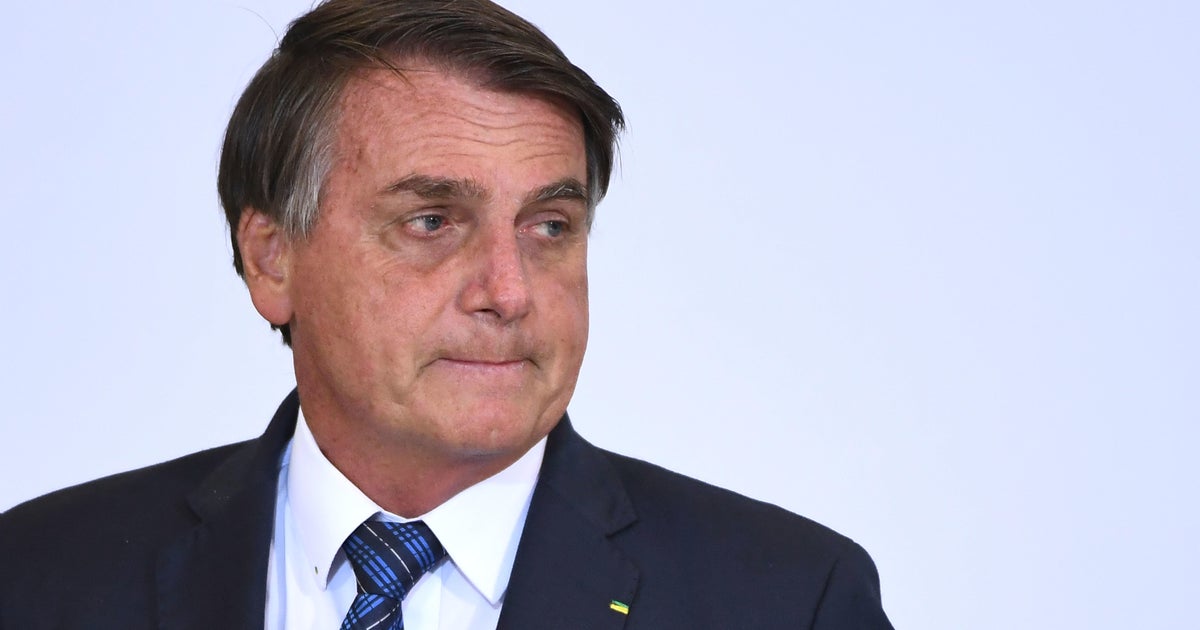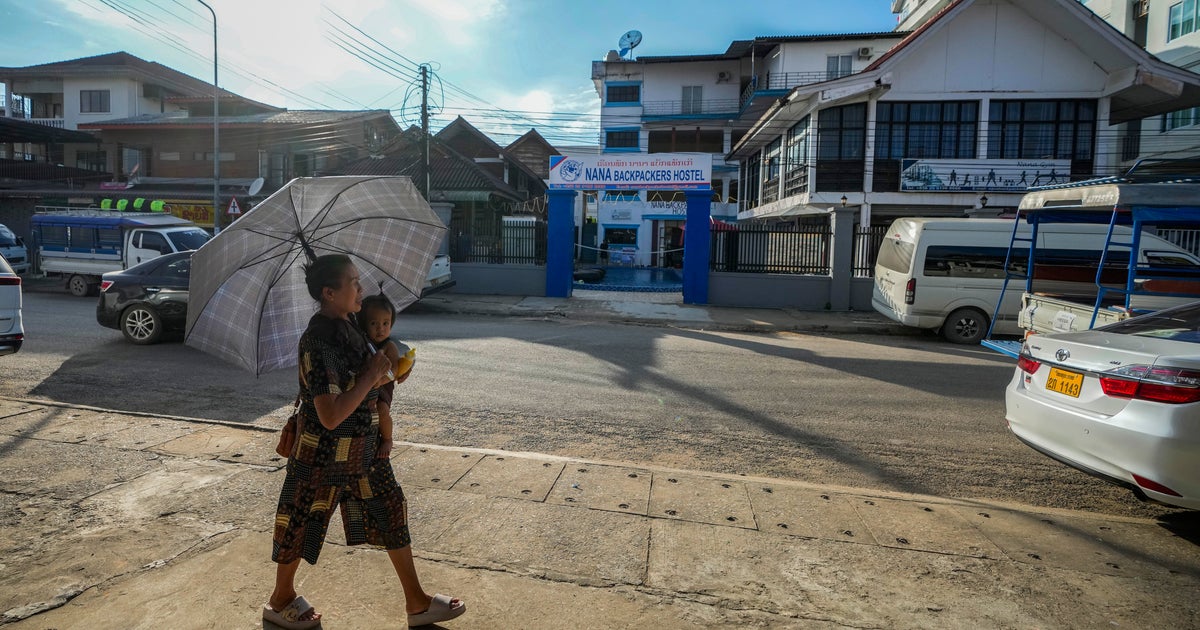Deaths mount in ruthless response to Myanmar's anti-coup protests
Yangon, Myanmar — Myanmar security forces shot and killed at least eight people Wednesday, according to accounts on social media and local news reports, as authorities extended their lethal crackdown on protests against last month's coup. Videos from various locations showed security forces firing slingshots at demonstrators, chasing them down and even brutally beating an ambulance crew.
Demonstrators have regularly flooded the streets of cities across the country since the military seized power on February 1 and ousted the elected government of leader Aung San Suu Kyi. Their numbers have remained high despite security forces repeatedly firing tear gas, rubber bullets and live rounds to disperse the crowds. Police have arrested protesters en masse, and even charged journalists with vague crimes after arresting them as they tried to covered the confrontations.
The intensifying standoff is familiar in the country with a long history of peaceful resistance to military rule — and brutal crackdowns. The coup reversed years of slow progress toward democracy in the Southeast Asian nation after five decades of military rule.
According to the U.N. Human Rights Office, security forces killed at least 18 protesters Sunday. On Wednesday, there were reports of eight more deaths in four different cities, including a 14-year-old boy.
On Saturday, at least eight journalists, including Thein Zaw of The Associated Press, were detained. A video shows he had moved out of the way as police charged down a street at protesters, but then was seized by police officers who handcuffed him and held him briefly in a chokehold before marching him away.
Along with five other journalists, he has been charged with violating a public safety law that could see him imprisoned for up to three years.
Little help from abroad
The escalation of the crackdown has led to increased diplomatic efforts to resolve Myanmar's political crisis — but there appear to be few viable options.
The U.N. Security Council is expected to hold a closed meeting on the situation on Friday, council diplomats said, speaking on condition of anonymity because they were not authorized the give the information before the official announcement. The United Kingdom requested the meeting, they said.
Still, any kind of coordinated action at the United Nations will be difficult since two permanent members of the Security Council, China and Russia, would almost certainly veto it. Some countries have imposed or are considering imposing their own sanctions.
The Association of Southeast Asian Nations, of which Myanmar is a member, held a teleconference meeting of foreign ministers on Tuesday to discuss the crisis.
But there, too, action is unlikely. The regional group of 10 nations has a tradition of non-interference in each other's internal affairs. A statement by the chair after the meeting merely called for an end to violence and for talks on how to reach a peaceful settlement.
Ignoring that appeal, Myanmar's security forces on Wednesday continued to attack peaceful protesters.
Medics and educators among those targeted
Details of the crackdowns and casualties are difficult to independently confirm, especially those occurring outside the bigger cities. But the accounts of most assaults have been consistent in social media and from local news outlets, and usually have videos and photos supporting them. It is also likely that many attacks in remote areas go unreported.
In Yangon, the country's largest city, which has seen some of the biggest protests, three people were killed, according to the Democratic Voice of Burma, an independent television and online news service. The deaths were also mentioned on Twitter, where some photos of bodies were posted.
In addition, a widely circulated video taken from a security camera showed police in the city brutally beating members of an ambulance crew — apparently after they were arrested. Police can be seen kicking the three crew members and thrashing them with rifle butts.
Security forces are believed to single out medical workers for arrest and mistreatment because members of the medical profession launched the country's civil disobedience movement to resist the junta.
In Mandalay, the country's second-biggest city, two people were reportedly shot dead. Photos posted on social media showed a university student peacefully taking part in the protest, and later showed her apparently lifeless with a head wound. Accounts on social media said a man was also killed.
Riot police in the city, backed by soldiers, broke up a rally and chased around 1,000 teachers and students from a street with tear gas as gun shots could be heard.
Video from The Associated Press showed a squad of police firing slingshots in the apparent direction of demonstrators as they dispersed.
In the central city of Monywa, which has turned out huge crowds, three people were shot Wednesday, including one in the head, the Democratic Voice of Burma reported. Reports on social media said two died.
In Myingyan, in the same central region, multiple social media posts reported the shooting death of a 14-year-old boy. Photos that posters said were of his body showed his head and chest soaked with blood as he was carried by fellow protesters.
Live fire also was reported to have caused injuries in Magwe, also in central Myanmar; in the town of Hpakant in the northern state of Kachin; and in Pyinoolwin, a town in central Myanmar better known to many by its British colonial name, Maymyo.






